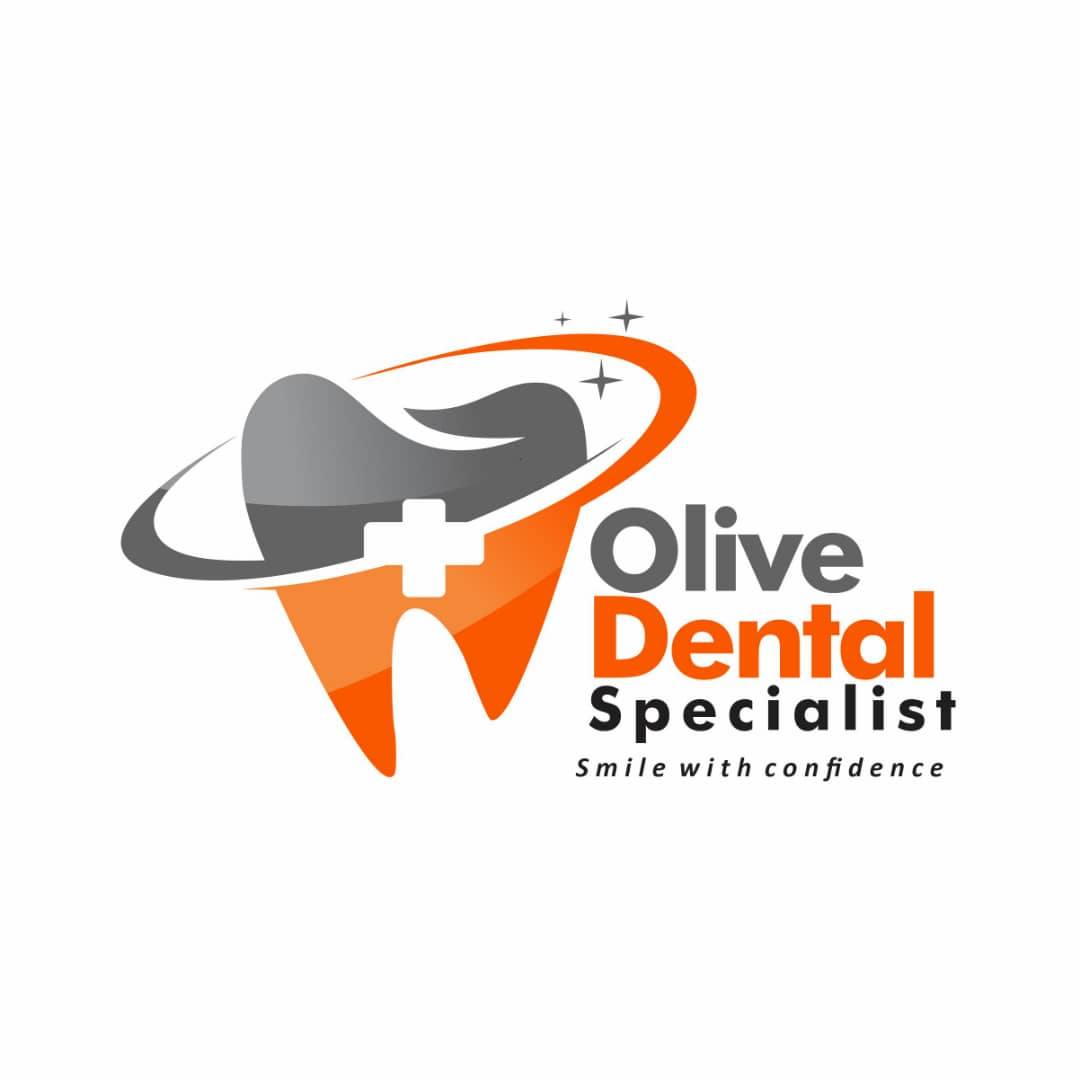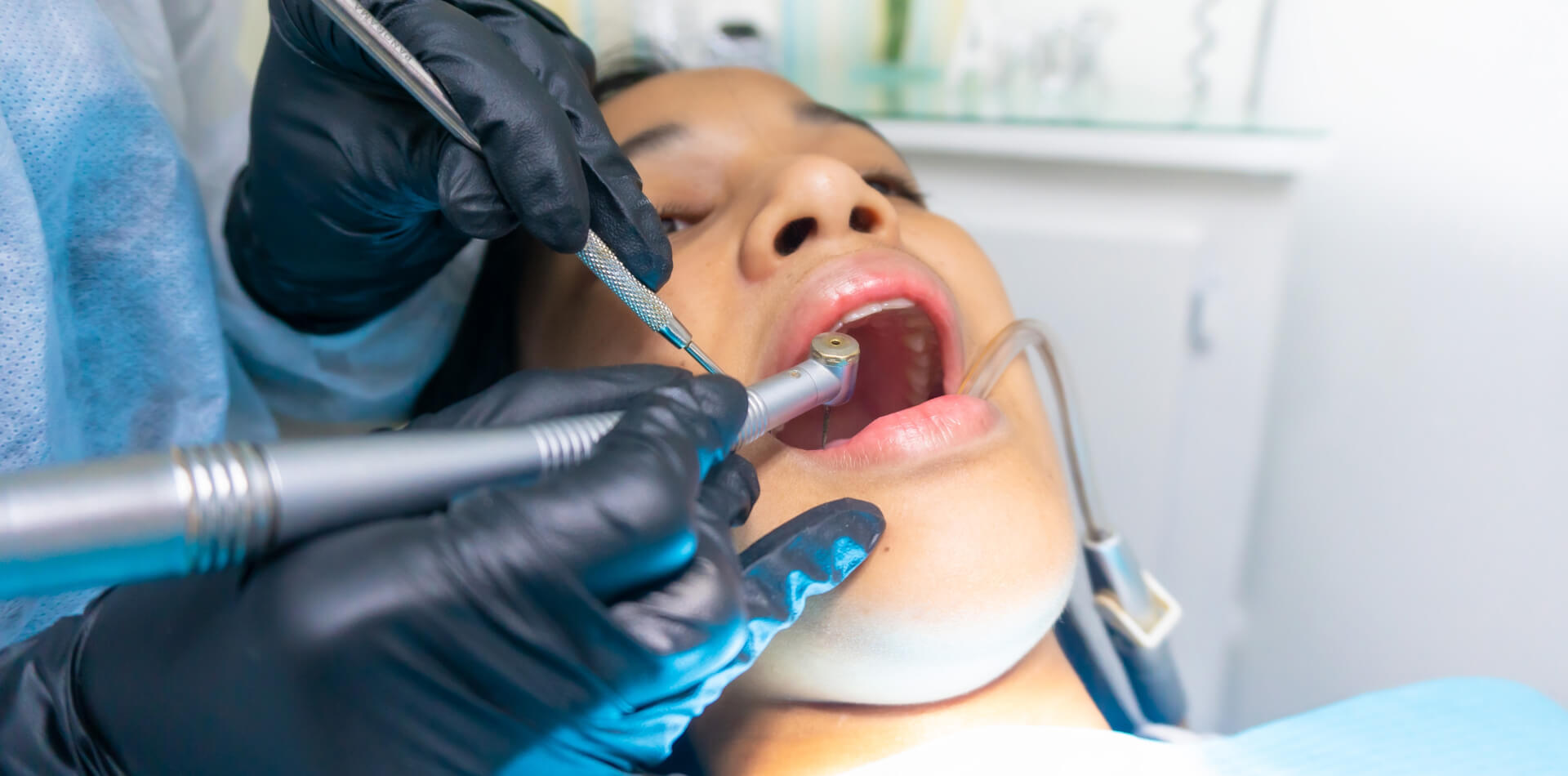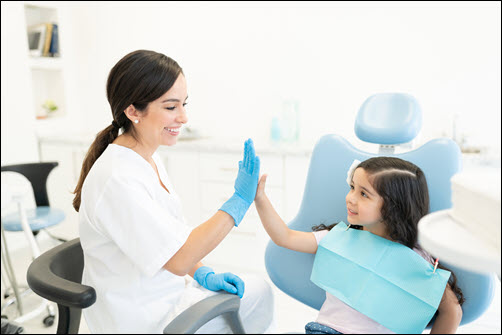Dental emergencies can happen at any time and often when you least expect them. Knowing when to seek urgent dental care can make all the difference between saving or losing a tooth, preventing severe pain, and avoiding other complications. In this blog post, we will guide you on what constitutes a dental emergency, the signs to watch out for, and why immediate attention is crucial. Our dental clinic is dedicated to providing comprehensive dental solutions that enhance both oral health and confidence, ensuring you get the care you need when you need it most.
What Is Emergency Dentistry?
Emergency dentistry refers to urgent dental care provided when a dental issue arises that cannot wait for a regular appointment. These situations often involve intense pain, severe discomfort, or circumstances that may lead to serious health issues if not treated promptly. Just like you would rush to the hospital for a severe injury, some dental issues require immediate attention to prevent complications, protect your oral health, and maintain your confidence.
But what situations qualify as a dental emergency? Let’s explore the five major signs that indicate you need urgent dental care.
1. A Loose Tooth
Adult teeth should never be loose or wiggly. Once your permanent teeth replace your baby teeth, they should be sturdy and reliable tools for eating, speaking, and maintaining overall well-being. If you find that one or more of your teeth is loose, it’s time to seek immediate dental care.
Why It Happens:
- Injury or Trauma: A sporting injury, a fall, or a car accident can cause teeth to become loose. Even if your teeth look fine after an impact, there may be hidden damage to the nerves or jaw.
- Infection: A localized infection can sometimes cause a tooth to loosen. If the loose tooth is accompanied by pain, swelling, or pus, it’s a sign of a serious problem that needs urgent attention.
What You Should Do:
If you have a loose tooth due to an accident, avoid touching or wiggling it, and seek emergency dental care as soon as possible. The sooner you address it, the better your chances of saving the tooth and avoiding further complications.
2. Chipped or Broken Teeth
Not all chips require immediate care, but significant fractures or breaks often do. If you have a minor chip and aren’t experiencing any pain, you can probably wait for a regular appointment. However, when a large part of the tooth breaks off, or if there’s intense pain, it’s essential to seek emergency dental care immediately.
Why It Happens:
- Accidents and Falls: Physical impacts can cause teeth to crack, chip, or break.
- Biting Hard Objects: Chewing on hard substances, like ice or hard candies, can sometimes cause fractures.
- Tooth Decay: Teeth weakened by decay are more susceptible to chipping and breaking.
What You Should Do:
Save any broken pieces of the tooth, rinse your mouth with warm water, and place a cold compress on the outside of your cheek to reduce swelling. Seek urgent dental care to assess the damage and receive treatment.
3. Dental Abscess
An abscess is a painful infection at the root of a tooth or in the gum. It is often the result of severe gum disease, untreated cavities, or trauma to the tooth. A dental abscess is an emergency because it can lead to severe pain, fever, and potentially life-threatening complications if left untreated.
Symptoms to Watch For:
- Severe, throbbing pain
- Fever and swollen glands
- Pus and a foul taste in the mouth
- Swelling of the face, cheek, or jaw
What You Should Do:
Rinse your mouth with a mild saltwater solution to cleanse the area. Avoid applying heat directly to the affected area, as it can worsen the infection. Seek immediate dental care for proper diagnosis and treatment. Emergency treatment may involve draining the abscess, prescribing antibiotics, or even a root canal, depending on the severity of the infection.
4. Severe Toothache
A toothache is one of the most common dental complaints, but that doesn’t mean it should be taken lightly. Persistent, severe pain that doesn’t respond to over-the-counter painkillers, or pain accompanied by swelling, fever, or a foul taste, is a sign of a more serious issue.
Why It Happens:
- Tooth Decay: Untreated cavities can lead to severe tooth pain.
- Infections: Dental infections can cause sharp, shooting pain and swelling.
- Cracked or Broken Teeth: Cracks or fractures can cause pain, especially when biting or chewing.
What You Should Do:
Over-the-counter pain relief can help manage the pain temporarily, but you should not delay seeking professional care. Early intervention can prevent the problem from worsening, ensuring you get the relief you need and avoid complications.
5. Bleeding or Aching Gums
While it’s not uncommon to see a little blood after brushing or flossing, consistent or heavy bleeding, especially when accompanied by gum pain, swelling, or redness, is a cause for concern. Gum disease is a progressive condition that can lead to tooth loss if not treated promptly. Early intervention with emergency dental care can help prevent further damage and ensure your gums return to a healthy state.
Why It Happens:
- Gingivitis or Periodontitis: Early and advanced stages of gum disease can cause bleeding and aching gums.
- Infection or Injury: An underlying infection or injury to the gums can also lead to excessive bleeding.
What You Should Do:
Rinse your mouth with a mild saltwater solution to soothe the gums, but don’t ignore the symptoms. Seek immediate care to prevent the condition from progressing. Regular check-ups with your dentist will help maintain your gum health.
Why Choose Us for Your Emergency Dental Care?
Our dental clinic is committed to providing comprehensive dental solutions that enhance both your oral health and confidence. From treating dental emergencies to preventive care, our team is here to ensure you receive the best care possible at all times. Whether it’s a loose tooth, a painful abscess, or any other dental emergency, you can rely on our expert team for prompt, professional, and compassionate care.
Remember: Dental emergencies can worsen if left untreated, so don’t hesitate to seek care. Protect your smile, and preserve your confidence.
When to Seek Immediate Dental Care
Not sure if your situation qualifies as a dental emergency? Here are a few additional guidelines:
- Persistent Swelling: Swelling in the mouth, face, or jaw that doesn’t subside
- Knocked-Out Teeth: A knocked-out tooth can sometimes be saved if treated within an hour, so seek care immediately.
- Bleeding After Dental Surgery: Excessive or prolonged bleeding after a dental procedure should be addressed urgently.
Practical Tips for Preventing Dental Emergencies
- Wear a Mouthguard: Especially if you play contact sports, wearing a mouthguard can prevent many dental injuries.
- Regular Dental Check-Ups: Routine dental exams can help identify and address issues before they become emergencies.
- Avoid Chewing Hard Objects: Be mindful of biting down on ice, hard candies, or non-food items, which can lead to cracked or broken teeth.
Conclusion
Dental emergencies can be painful, frightening, and potentially dangerous if not treated quickly. Knowing when to seek urgent dental care and how to manage different dental issues can help you protect your oral health and maintain your confidence. If you’re experiencing any of the signs mentioned above, don’t hesitate to contact our dental clinic. We are dedicated to providing comprehensive dental solutions that keep your smile bright, healthy, and beautiful at every stage of life.
Reach out to us today to schedule your appointment or bookmark this page for when you need urgent dental care.



